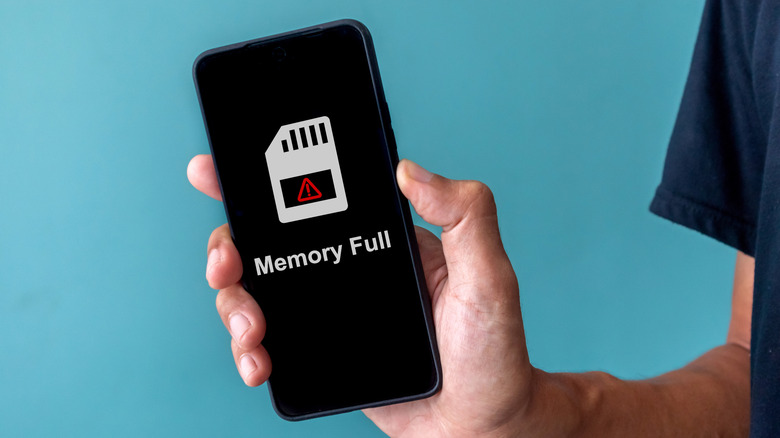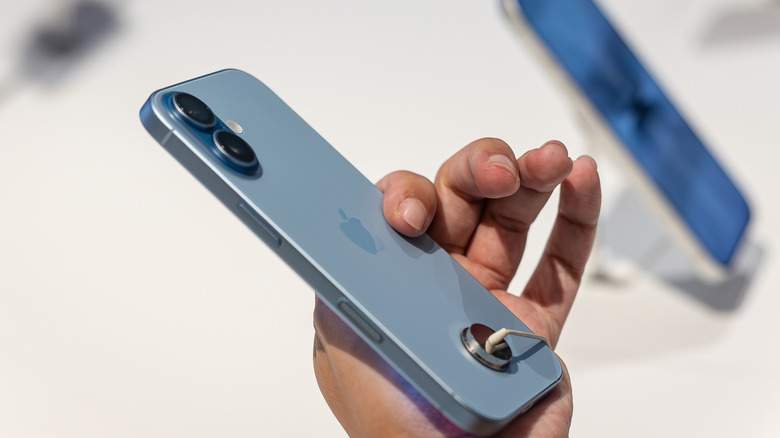Storage May Become A Problem For New Phones, All Thanks To AI
Reports from a few days ago suggested that some smartphone manufacturers may raise prices of new handsets to account for the shortage of chips caused by the AI boom. Separately, a report said Apple was preordering RAM modules in advance from Samsung, as the iPhone-maker wants to ensure a steady memory supply. After all, even the base iPhone 18 is slated to get 12 GB of RAM. Turns out, it's not just RAM chips that might drive smartphone prices up in the future. A new report from TechNowVoice notes that storage chips may also face scarcity due to increasing demand from the AI sector. Large data centers need storage just as much as RAM. Silicon Motion's Gou Jiazhang — a well-connected source in the storage industry — says that all types of memory are experiencing an unprecedented, simultaneous, large-scale shortage.
He said the supply is so constrained that it's causing a panic in the industry, and demand will not be met next year. Gou, whose company is a leading memory-controller supplier, conveyed a story from a recent trip to Korea, where customers were discussing storage capacity, not the price. He explained that suppliers like Samsung, SK Hynix, and Micron are prioritizing capacity for HBM3E memory that AI datacenters need. Since each HBM unit uses three times the number of wafers compared to DDR5, this will lead to RAM supply issues that can impact smartphones. Similarly, North American "hyperscalers" are looking for fast SSDs for datacenters. Companies, including U.S. AI firms, are demanding higher-capacity SSDs (64TB/128TB) to make up for HDD shortages.
Expensive phones might be affected
The report adds that Apple doesn't need to worry about storage shortages and that Samsung's chip division can supply NAND memory to its Galaxy devices. 256 GB is the minimum storage tier for all iPhone 17 versions this year, with Apple offering buyers up to a 2 TB iPhone 17 Pro Max as well. Samsung is expected to follow suit for its Galaxy-branded flagships. Major Android vendors will supposedly tackle the shortage on flagships, but cheaper handsets may take a hit. The report offers examples from Africa and Southeast Asia, where smartphone storage is supposedly dropping from 128 GB to 64 GB. It also claims that Chinese smartphone vendors might struggle with NAND storage supply in this context, mentioning Xiaomi's recent remarks about price hikes resulting from rising memory costs.
On the other hand, Apple upgraded the storage on the standard iPhone 17 model without raising prices this year. The base model has been a hit with consumers, being sold out for weeks after launch. It's too early to tell whether Apple will increase prices for the iPhone 18 model, rumored to launch in spring 2027 instead of next fall. Samsung may launch the Galaxy S26 series in late February, although it's unclear whether the new flagships will see any price hike. As for mid-range phones coming next year, it's too early to tell which companies will be impacted by the storage crisis.

